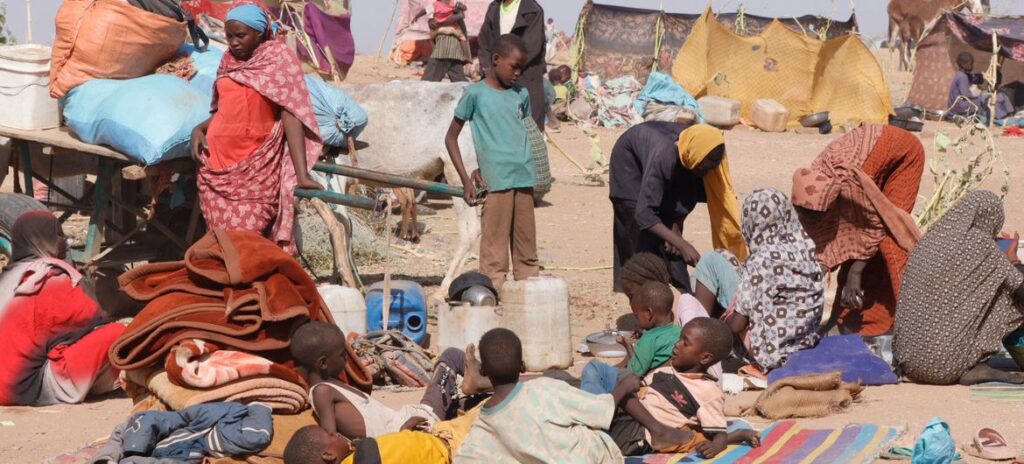The spokesman for Secretary-General António Guterres has said the UN continues to be gravely concerned about the worsening humanitarian catastrophe and tightening access constraints across Sudan, particularly in the Kordofan region, where hostilities continue to escalate.
Briefing the media in New York on Wednesday, Stéphane Dujarric said in South Kordofan State, the United Nations Office for the Coordination of Humanitarian Affairs (OCHA), citing local sources, reported that clashes erupted on Tuesday in the besieged city of Kadugli, which is the state capital.
“Armed individuals reportedly attempted to seize food from the main market. As Sudan’s hunger crisis deepens, the city remains cut off from humanitarian assistance, with the last supply route from neighbouring North Kordofan now blocked,” he said.
Meanwhile, in West Darfur State, heavy rains and flooding threaten to further disrupt the delivery of aid.
“Roads connecting the state capital Geneina, which is, as you well know, located next to the crucial Adre border crossing with Chad, the road from Geneina to Mornei and Zalingei, in Central Darfur State, are now impassable,” he reported. “Both of these towns are hosting large numbers of displaced people. UN humanitarian partners warn that continued rains may further cut off access into Central and South Darfur states, making it even more difficult to reach people who need help so desperately.”
Dujarric said that in North Darfur State, displaced communities and host families in the town of Tawila have come together to establish community kitchens, which are now feeding thousands of people who fled violence in El Fasher.
“These kitchens have become a vital lifeline for those without any other access to food. However, they face chronic and severe funding shortfalls. Many of these are struggling to stay open, and some risk shutting down altogether due to lack of resources,” he said. “As the Spokesman for the Secretary-General mentioned yesterday, the UN and its partners are planning a major scale-up of support for people in Tawila, which requires $120 million over the next three months.”
“Humanitarian access is further complicated by checkpoint taxes, by roadblocks, and bureaucratic hurdles imposed by local authorities, including requirements for multiple levels of approval to establish the most basic services for the population,” Dujarric added.
He said that the UN appeals for unimpeded humanitarian access across Sudan, more international funding to scale up the response, the protection of civilians and aid workers, and an immediate cessation of hostilities.




